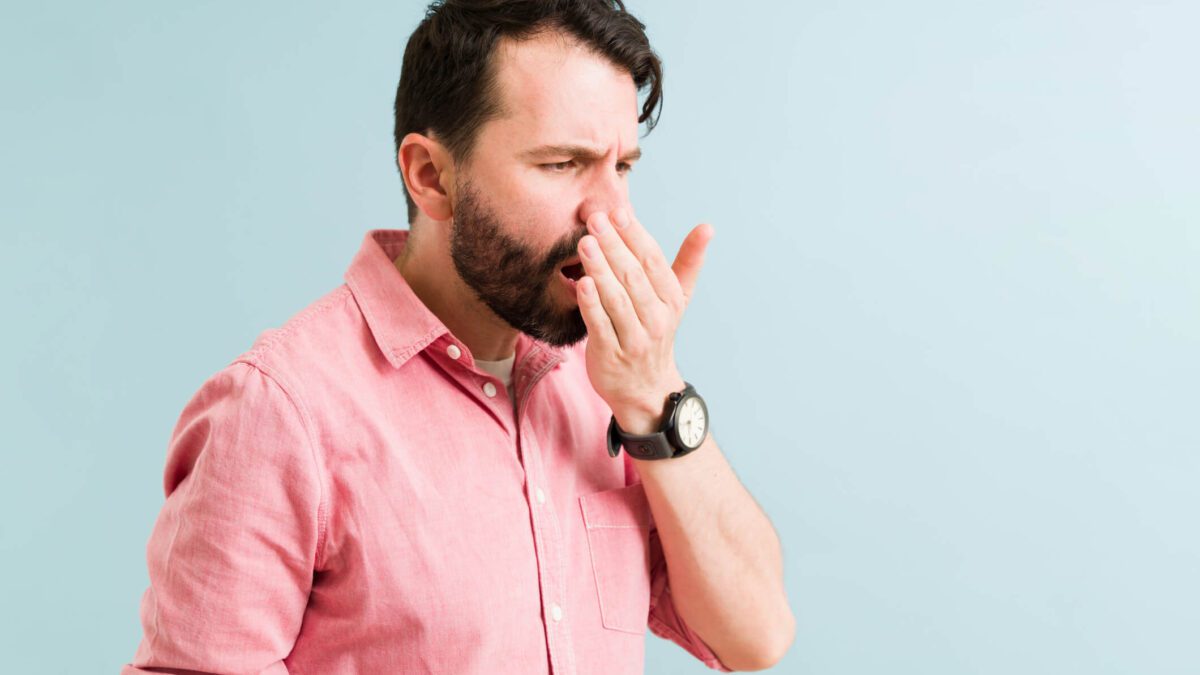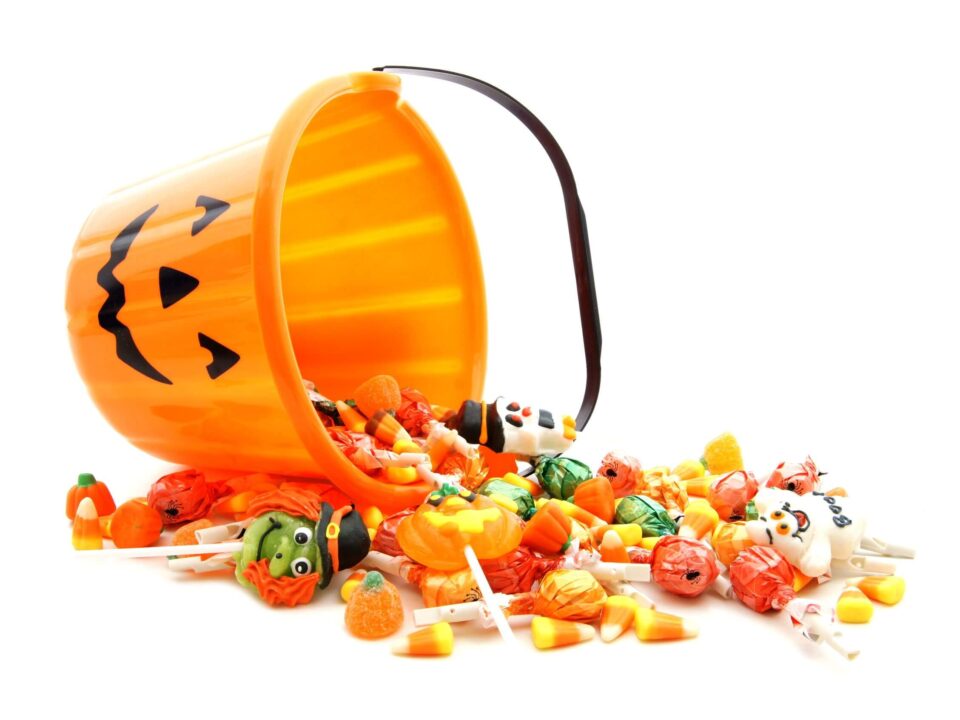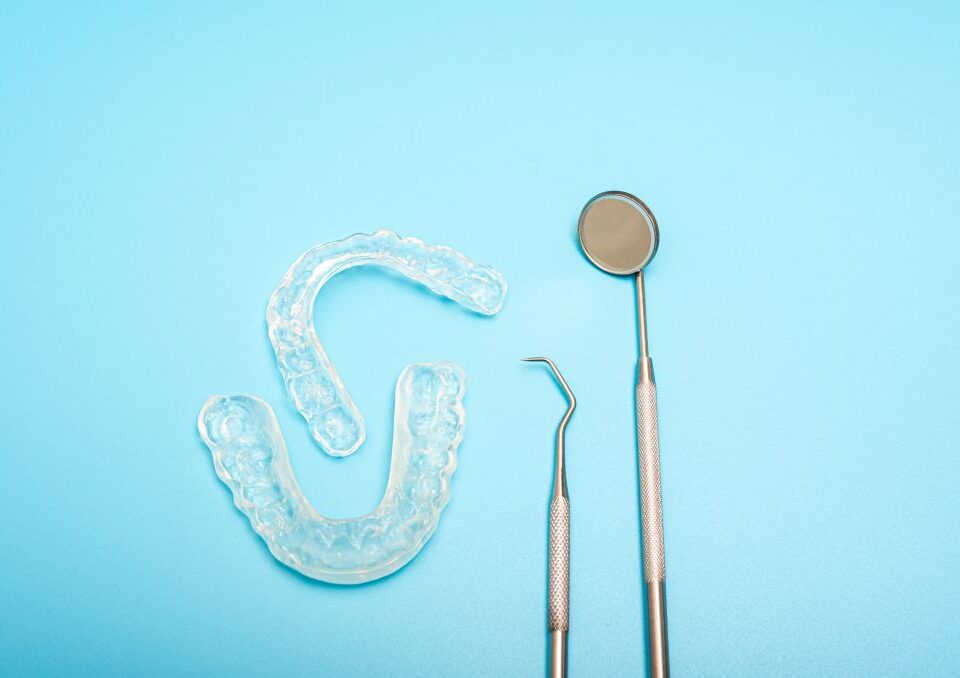Understanding and addressing bad breath
Bad breath, medically known as halitosis, is one of those common yet uncomfortable issues that almost everyone experiences at some point. According to the American Dental Association (ADA), roughly 50% of adults have dealt with bad breath at least once in their lives. While it may seem like a small inconvenience, chronic bad breath can have a serious impact on one’s self-esteem, relationships, and even professional interactions. The good news? Most causes of bad breath are completely preventable and treatable once you understand where the problem originates.
In this post, we’ll take a deep dive into what causes bad breath, explore effective prevention habits, and discuss the most reliable treatment options to help you regain confidence in your smile and the freshness of your breath.
Understanding Bad Breath
Bad breath occurs when unpleasant odors are released from the mouth, often as a result of bacteria breaking down food particles and releasing sulfur compounds. Everyone experiences mild odor in the morning (often referred to as “morning breath”), but when the problem becomes persistent or especially strong, it’s often a sign that something deeper is going on.
Beyond being a source of embarrassment, chronic halitosis can signal underlying dental or medical problems. Sometimes, it’s the first sign of gum disease, cavities, or other oral health concerns that require professional attention. Addressing bad breath early not only improves social confidence but also promotes better oral and overall health.
Causes of Bad Breath
Bad breath doesn’t have just one cause. Understanding the source is the first step in effectively treating it.
- Poor Oral Hygiene: Neglecting your daily dental care routine is one of the most common culprits of bad breath. When plaque accumulates on your teeth and gums, it produces foul-smelling gases. Food particles trapped between teeth or on the tongue also begin to decompose, leading to unpleasant odors.
- Dietary Habits: Certain foods, such as onions, garlic, and spicy dishes, contain compounds that are absorbed into the bloodstream and released through your lungs when you exhale. These odors linger long after brushing. Additionally, high-sugar diets feed oral bacteria, accelerating plaque formation and odor production. Frequent snacking or sipping sugary beverages throughout the day can keep the mouth in a constant state of acidity and bacterial growth.
- Dry Mouth (Xerostomia): Saliva plays a crucial role in cleansing the mouth: it washes away food debris, neutralizes acids, and helps control bacterial growth. When saliva production decreases, as it does with dry mouth, bacteria multiply quickly. A persistently dry mouth creates the perfect environment for odor-causing bacteria to thrive.
- Tobacco Use: Smoking or chewing tobacco not only leaves a distinct, lingering odor but also contributes to gum disease and dry mouth: both major contributors to halitosis. Tobacco users often experience a reduced sense of taste and smell, which can make it harder to notice how bad their breath actually is.
- Underlying Health Conditions: Sometimes, bad breath is more than just an oral hygiene issue. Persistent halitosis can be linked to systemic health conditions such as gum disease, respiratory infections, diabetes, gastrointestinal issues, and liver or kidney problems.
Prevention Strategies
Preventing bad breath is far easier than treating it once it becomes chronic. Good oral hygiene, hydration, and lifestyle habits can make all the difference.
- Brush and Floss Regularly: Brushing at least twice a day and flossing once daily removes food particles and plaque before bacteria can break them down. Pay special attention to the gumline and the back of your tongue – two areas where odor-causing bacteria love to hide.
- Clean Your Tongue: The tongue’s surface is full of tiny grooves where bacteria and debris can accumulate. Using a tongue scraper or brushing your tongue gently can dramatically improve breath freshness.
- Use Mouthwash Wisely: Mouthwash can be a helpful addition to your routine, especially those containing antibacterial agents or zinc compounds that neutralize sulfur compounds. However, it should complement – not replace – brushing and flossing.
- Stay Hydrated: Drinking plenty of water throughout the day helps maintain saliva flow and naturally rinse away bacteria. If you take medications that cause dry mouth, ask your dentist or physician about saliva substitutes or sugar-free gum to stimulate saliva production.
- Watch Your Diet: Fresh fruits and vegetables like apples, carrots, and celery act as natural toothbrushes by scrubbing your teeth and stimulating saliva flow. Avoid excessive consumption of garlic, onions, and heavily spiced foods if you’re concerned about odor before social or professional events.
- Quit Smoking and Tobacco Use: Quitting smoking is one of the best decisions you can make for your oral health and your breath. Within days of quitting, saliva flow improves, and within weeks, your sense of taste and smell begin to recover. Over time, gum health also improves significantly.
- Visit Your Dentist Regularly: Routine dental visits every six months allow your dentist to detect and treat early signs of gum disease, tooth decay, or infection, all of which can contribute to bad breath. A professional cleaning removes hardened tartar that brushing and flossing can’t reach.
Treatment Options for Persistent Bad Breath
If your bad breath persists even after improving your oral hygiene habits, it’s time to seek professional evaluation. Chronic halitosis can be a sign of something that requires targeted treatment.
- Professional Dental Cleaning: Your dentist or dental hygienist can remove plaque and tartar buildup that harbor odor-causing bacteria. Professional cleanings also reach below the gumline, where home brushing can’t.
- Treating Gum Disease: If gum disease is the cause, treatment such as scaling and root planing (deep cleaning) may be necessary. This procedure removes bacterial deposits from below the gumline and smooths tooth roots to promote healing.
- Managing Dry Mouth: If medications are causing dry mouth, your dentist may suggest adjusting the dosage (in consultation with your physician) or using artificial saliva products. Chewing sugar-free gum or lozenges containing xylitol can also help stimulate saliva production.
- Prescription Mouthwash or Antimicrobial Rinses: In certain cases, your dentist may prescribe a mouthwash containing chlorhexidine or other antibacterial agents to reduce bacterial growth more effectively than over-the-counter products.
- Addressing Underlying Health Conditions: When dental causes are ruled out, your dentist may refer you to a medical doctor for further evaluation. Managing systemic issues like sinus infections, diabetes, or acid reflux often leads to an improvement in breath odor.
When to See a Professional
It’s time to schedule a dental visit if you notice:
- Persistent bad breath lasting more than a few days
- A bad taste in your mouth that doesn’t go away
- Bleeding or swollen gums
- White coating on your tongue
- Dry mouth despite drinking plenty of fluids
Bad breath is rarely just a cosmetic issue. It’s often your body’s way of signaling that something needs attention.
A Fresh Start for Your Smile
Bad breath may be common, but it’s certainly not something you have to live with. Whether your issue stems from diet, dry mouth, or gum disease, addressing the root cause can restore your confidence and your oral health.
If you’re struggling with bad breath or want a personalized care plan, schedule an appointment with one of our dental offices in Fayetteville, Eastover, Hope Mills, St. Pauls, Raeford, or Laurinburg. Our experienced dental team can identify the underlying cause and create a treatment plan tailored to your needs.
Your journey to fresher breath and a healthier smile starts here.




